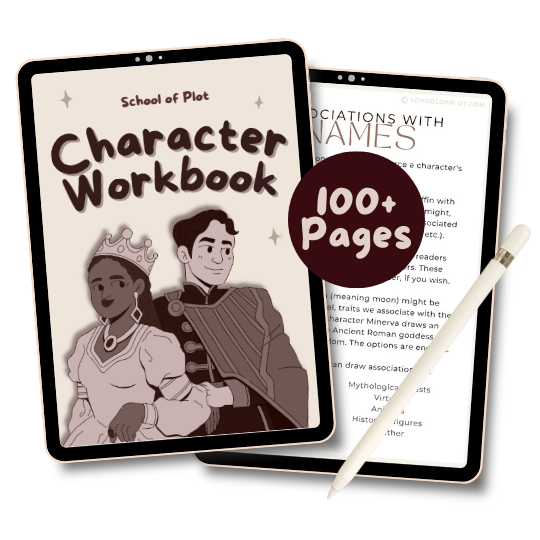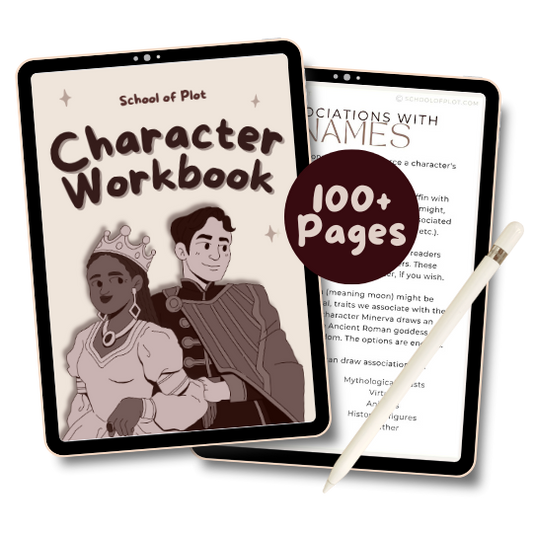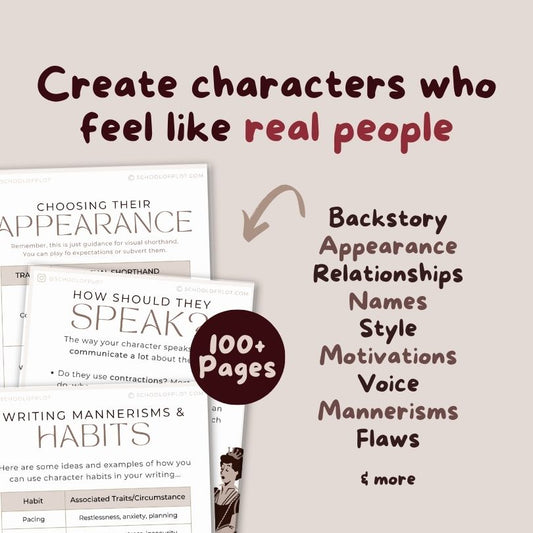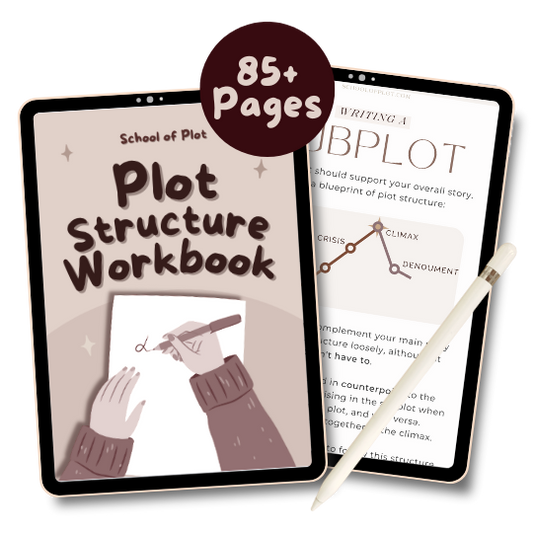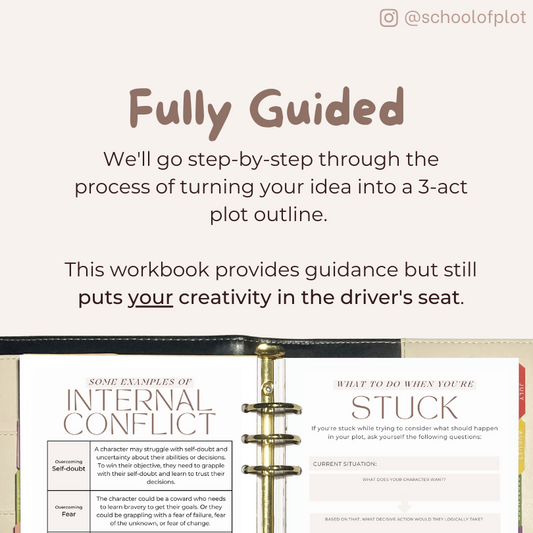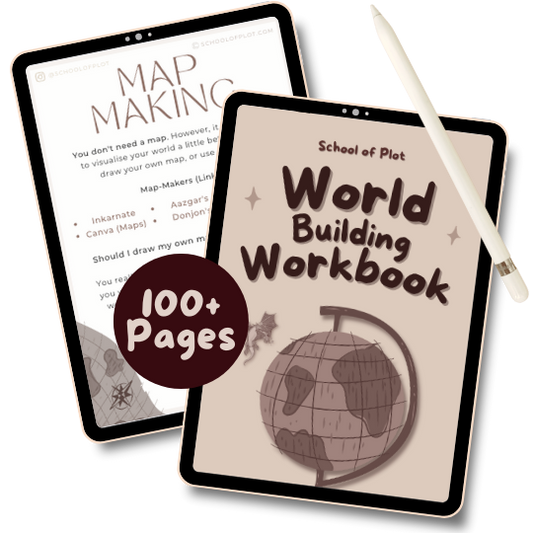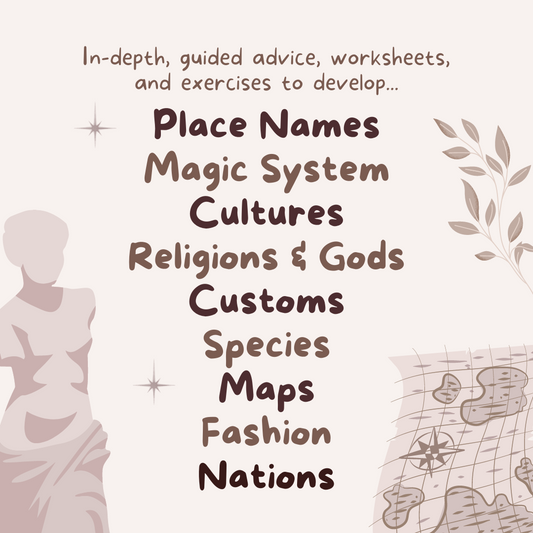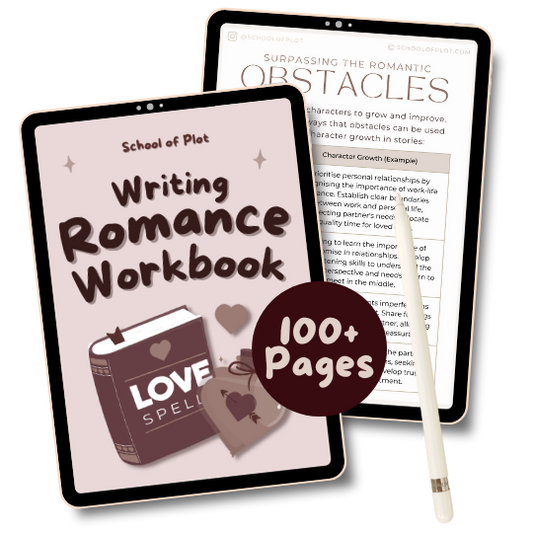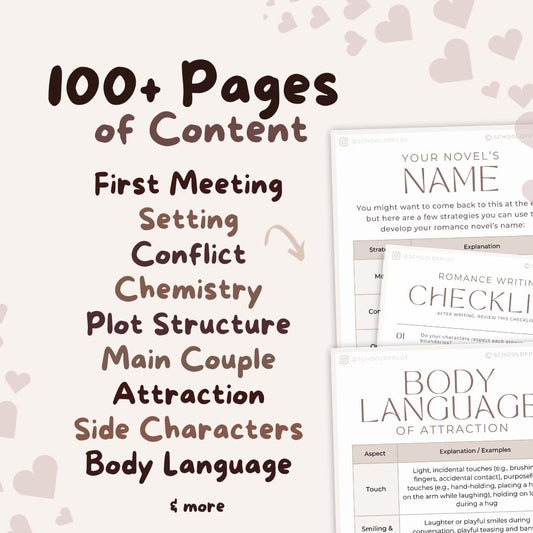I asked my Instagram followers “What are some signs of amateurish writing, in your opinion?”. I got around 100 answers. Ones that came up frequently made the lists, which are presented in order of frequency.
Please note that just because something made the list, it doesn't mean you should delete it from your writing or feel bad about it. Surveys are subjective. If you think this sort of content will upset you, please skip to another blog post!
Any writing choice can be enjoyable to read if you write it with skill and intent. One person's trash is another's treasure. There's a market for everything. That said...let's go!
1. Confusing Metaphors
This includes mixed metaphors as well as metaphors that run into more metaphors. Metaphors are great, but make sure you're using them with intention, and a relatively light hand. You don't need one in every sentence.
2. Excessive Dialogue Tags
Overuse of he sighed”, “she exclaimed”, and so on. It can get distracting. Consider replacing some dialogue tags with action beats, or even just deleting them if they’re redundant.
This means going from:
"What's this?" he asked, putting down the note.
"I don't know!" she exclaimed, staring at it.
"You do, you do!" he shouted.
"Fine!" she said.
To something a bit more like...
He put down the note. "What's this?"
She froze. Her eyes were fixed on the torn envelope. "I don't know!"
"You do." He slammed a hand down on the table. "You do!"
She flinched, fists tightening around handfuls of her skirt. "Fine!"
Which isn't to say you should cut dialogue tags out entirely. They serve a function, especially when there are more than two people in the conversation. Take it more as an example of ways to replace them with action beats.
3. Overusing "Very"
Instead of relying on "very + adjective”, see if you can use a stronger adjective alone. (e.g. "very sad" --> "distraught")
4. Character Has No Goals
The character is pushed around by the plot instead of driving the plot. Instead of making choices, things just keep happening to them and they go along with it.
You can combat this by giving your character clear motivations. To give your character clear goals that make sense with their backstory and current circumstances, check out the Character Workbook.
5. Clumsy Repetition
Repeating the same words/phrase/info often in a way that doesn’t seem intentional. This is especially obvious when a writer uses a unique word several times in the same scene.
6. Overuse of Adjectives
What counts as “overuse” is subjective, but this answer came up 30 times. Instead of relying on adverbs to strengthen weak verbs, consider using strong and specific verbs that can stand alone. (e.g. replacing “he said quietly” with “he whispered”)
7. Lack of Paragraph Breaks
Start a new paragraph when there is a change in topic, time, location, or speaker, or when you want to introduce a new idea or shift in the narrative flow.
8. White Room Syndrome
This refers to a lack of immersive detail about the physical surroundings. Readers end up with a sense of events existing in a featureless or "white" space. I'll do a blog post on how to avoid this, so check out my posts if you're interested!
9. Exposition Dumps
Also known as "info dumps", this phrase refers to interrupting the flow of the narrative to drop info about backstory, worldbuilding, and so on. See if you can weave this information into the story more naturally.
10. Cliche Scenes
This refers to scenes like an alarm clock awakening, mirror description, spilling coffee on important documents, tripping and falling into a love interest, etc.
There's nothing wrong with scenes like this, but new writers often rely on them because they're repeating what they've seen in other works. This is fine in moderation, but relying too much on cliche scenes can feel unoriginal and boring.
